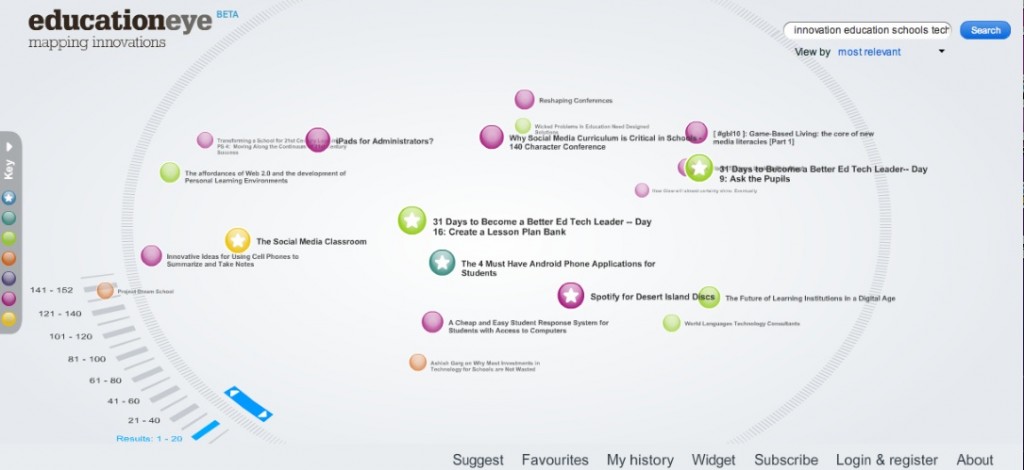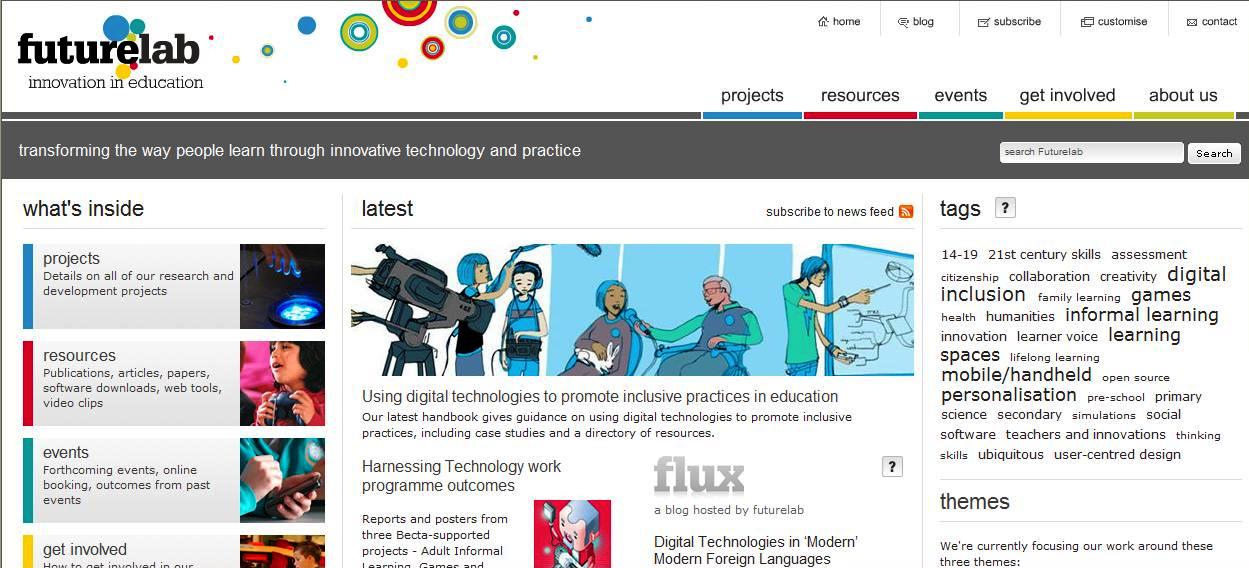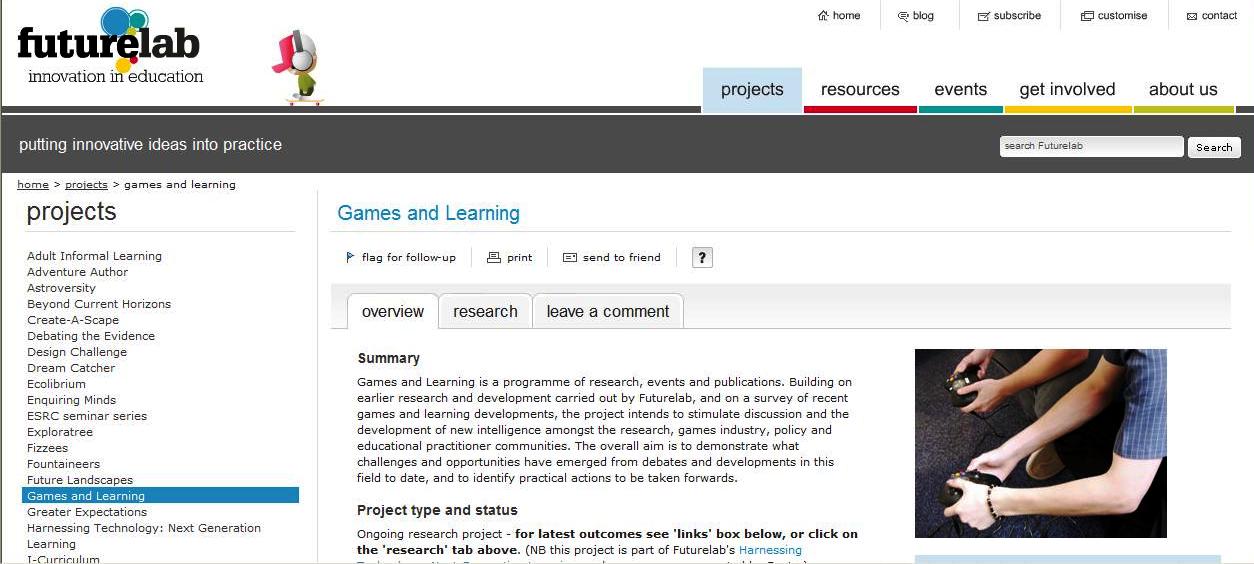Futurelab are offering free access to digital editions of some of their digital literacy and innovation handbooks. This offer includes:
Futures Thinking Teachers Pack
Increasingly, collaboration is seen as important in creative learning. This handbook sets out some recommendations for ways in which digital technologies could be designed and used to support creative collaboration in the classroom.
This free resource supports teachers and learners to develop approaches to exploring the future that are not about making predictions, but about considering possible, probable and preferable futures in order to support action and decision making in the present.
pdf version (pdf, 2.9MB)
May 2010
Digital literacy across the curriculum
March 2010
This handbook introduces educational practitioners to the concepts and contexts of digital literacy and supports them in developing their own practice aimed at fostering the components of digital literacy in classroom subject teaching and in real school settings.
- pdf version (pdf, 1MB)
Developing the home-school relationship using digital technologies
March 2010
This handbook introduces key issues around home-school relationships to provide schools with a framework in which to consider how to support these relationships, and how to navigate the challenges afforded by the use of digital technologies in this field.
- pdf version (pdf, 1MB)
Thinking Space
January 2010
This workshop resource aims to support people who are thinking about, or currently undertaking, redesign and rebuild projects. It provides a set of activities, tools and techniques that can be used to facilitate workshop sessions.
Using digital technologies to promote inclusive practices in education
April 2009
This handbook provides educators with guidance on using digital technologies to promote inclusive practices, case studies of current practice, and a directory of resources.
- pdf version (pdf, 1MB)
Curriculum and teaching innovation
April 2009
Aimed at educational leaders involved in curriculum and teaching innovation, this handbook provides guidance for exploring the potential of personalisation to transform curriculum design and teaching practices.
- pdf version (pdf, 2MB)
Reimagining outdoor learning spaces
January 2009
This handbook focuses on the use and utility of outdoor space for play and learning, and aims to support those thinking about redesigning their outdoor spaces as part of the Primary Capital Programme or other initiatives.
- pdf version (pdf, 3MB)
Promoting transformative innovation in schools
November 2008
This handbook aims to offer evidence, insights, ideas and recommendations that can be built upon to support and nurture a culture of transformative innovation within education.
- pdf version (pdf, 1MB)
Designing educational technologies for social justice
April 2008
This handbook explores the role that digital technologies can play in reducing inequality in education, and offers guidance on designing resources or projects to promote social justice.
- pdf version (pdf, 2MB)
Learning with handheld technologies
December 2006
A guide for those considering handheld technologies for teaching and learning purposes, with case studies illustrating the potential of handheld technology for learning, and a wide survey of projects in this area.
- pdf version (pdf, 228KB)
Learner voice
August 2006
Despite the vast number of changes in education in recent years, learners are seldom consulted and remain largely unheard in the change process. If education is to become more personalised, then learners must be heard.
- pdf version (pdf, 307KB)
Games and learning
October 2005
There’s an increasing interest in the potential role of computer and video games to support young people’s learning, and recent studies have begun to ask how games might be used or adapted for use in schools. This handbook reports on some of the latest developments.
- pdf version (pdf, 242KB)
Building collaboration between designers and researchers
April 2005
How can research on teaching and learning be used to improve the design of e-content? This report uses case studies to illustrate a range of collaborations; a directory of educational researchers is also available.
- pdf version (pdf, 187KB)
Designing educational technologies with users
September 2004
There is concern about the separation between developers of digital educational resources and those who use them – teachers and learners. This handbook suggests ways in which the communities might work together to create more effective and relevant resources.
- pdf version (pdf, 319KB)
Designing technologies to support creativity and collaboration
August 2004
Certainly worth a look. Just beware that the print versions do cost, so look for the free digital downloads.



